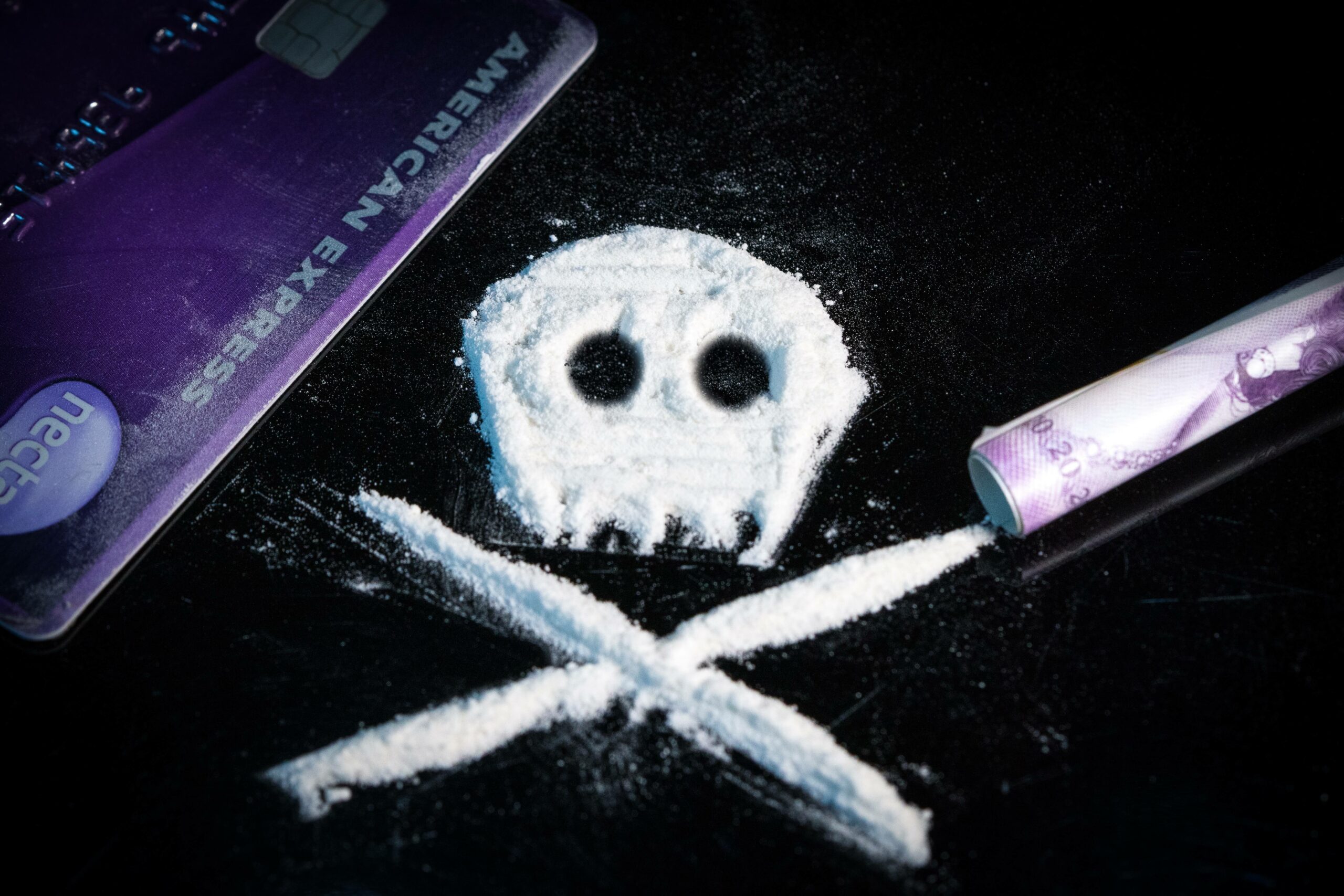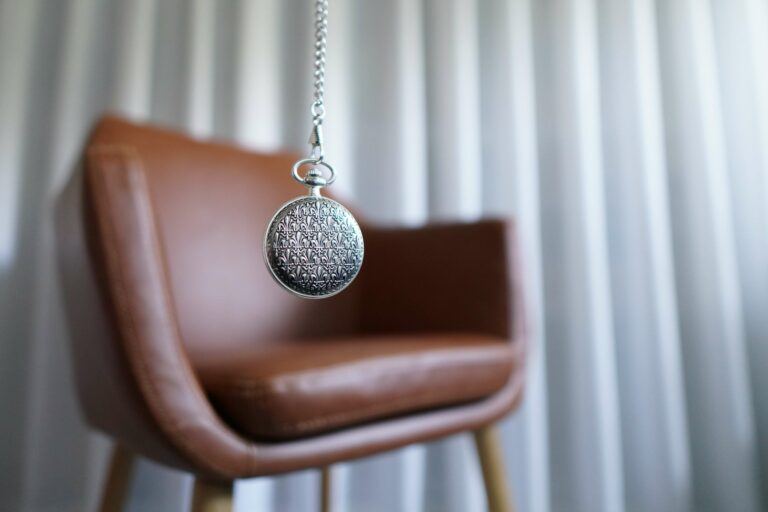Stress is something that affects us all in one way or another. In fact, the mental health foundation in the U.K. reported that “74% of people have felt so stressed they have been overwhelmed or unable to cope”.
And when it comes to our most intimate moments, stress can be a real game-changer. Have you ever found yourself so overwhelmed that you just couldn’t get in the mood? Yeah, I’ve been there too. But here’s the thing, stress can have a huge impact on our sexual health and it can even lead to premature ejaculation.
So, what’s the deal with the connection between stress and premature ejaculation? And more importantly, what can we do to prevent it from happening? That’s what we’re going to explore in this article.
We’ll dive into the science behind this relationship and talk about ways to manage stress for better sexual health. So, if you’re ready to take control of your sexual intimacy, grab a cup of coffee and let’s get started as ShagLonger answers the question: Can stress lead to premature ejaculation?


What is premature ejaculation?
Premature ejaculation (PE) is a sexual dysfunction that affects many men. It is defined as the inability to delay ejaculation during sexual intercourse, which results in decreased sexual satisfaction for both partners.
The ejaculation occurs before the man wants it to, often within just a few minutes of sexual activity. PE can be split into two main categories:
- Lifelong premature ejaculation – PE is considered lifelong if it has been present since the first time of sexual activity.
- Acquired premature ejaculation – Acquired PE on the other hand develops later in life and is often associated with psychological, physical, or relationship problems.
Check out this article to understand if you can feel premature ejaculation coming on!
What causes premature ejaculation?
The cause of premature ejaculation varies from person to person, it is believed to be a result of both physical and psychological factors. Let’s take a closer look at each of these causes:
Physical factors
- Neurological problems: Some neurological conditions such as multiple sclerosis and spinal cord injuries can cause premature ejaculation.
- Hormonal imbalances: Hormonal imbalances such as low testosterone or thyroid problems can lead to PE.
- Abnormal ejaculatory reflex: In some men, the ejaculatory reflex may be too sensitive, leading to rapid ejaculation.
- Certain medications: Certain medications, such as anti-depressants, can cause PE as a side effect.
Psychological factors
- Stress: Can stress lead to premature ejaculation? Absolutely. Stress can cause a range of sexual problems, including PE. The psychological and physiological effects of stress can impact a man’s sexual performance and intimacy. – which we will get into deeper later on.
- Sexual Performance anxiety: Performance anxiety can also contribute to PE, especially in men who are concerned about their sexual performance and their ability to satisfy their partner.
- Depression: Depression and anxiety can both hurt a man’s sexual function and performance.
- Relationship issues: Relationship problems, such as conflicts with a sexual partner, can also cause premature ejaculation.


It’s important to note that premature ejaculation can be caused by a combination of physical and psychological factors.
A healthcare provider can perform lab tests and a chart review to help determine the underlying cause of a man’s PE and recommend appropriate treatment options, which may include talk therapy, medications, or lifestyle changes. With the right help and support, it is possible to treat and manage premature ejaculation and improve your sex life.
How stress affects the body and contributes to premature ejaculation
Stress is one of the most common psychological factors that can negatively affect a man’s sexual health. The connection between stress and sexual health is complex and multifaceted, but it is generally agreed that stress can play a major role in the development and worsening of premature ejaculation.
Stress triggers the release of cortisol, a hormone produced by the adrenal glands to help us cope with stressful situations. But too much cortisol can disrupt the delicate balance of hormones and neurotransmitters that regulate sexual function, leading to problems like decreased testosterone levels, difficulty with arousal, and erectile dysfunction.
Stress can also cause tension and anxiety, which can impact sexual performance and lead to low libido and reduced sexual desire. And if that wasn’t enough, stress can interfere with the normal functioning of the autonomic nervous system, leading to premature ejaculation.
Studies on stress causing PE
A recent study has shed light on the connection between premature ejaculation and stress. It involved 60 men diagnosed with secondary premature ejaculation and 60 healthy men as a control group. The study aimed to examine the correlation between premature ejaculation and stress by conducting a biochemical analysis of cortisol levels and using psychometric scoring tools for premature ejaculation, traumatic stress, and somatoform dissociation.
The results showed a strong connection between premature ejaculation and traumatic stress, with high scores on the Premature Ejaculation Diagnostic Tool correlating with high scores on the Trauma Symptom Checklist and the Somatoform Dissociation Questionnaire. Meanwhile, cortisol levels were also found to have a significant correlation with premature ejaculation.
This study provides valuable insights into how stress and traumatic experiences can contribute to premature ejaculation. These findings support the idea that addressing stress and mental health is a crucial aspect of treating premature ejaculation and improving sexual health.
The role of anxiety, depression, and other mental health conditions in premature ejaculation
It’s not just stress that can impact a man’s sexual health. Mental health conditions like anxiety and depression can also be a factor in premature ejaculation. Performance anxiety, relationship problems, and negative thoughts about sexual performance can all contribute to PE. Depression can also take a toll on sexual desire, leading to difficulties with arousal and ejaculation.
It’s important to address all aspects of mental and physical health to achieve optimal sexual health. So if you’re struggling with premature ejaculation or other sexual health issues, don’t be afraid to reach out for help. A combination of therapy, medication, and lifestyle changes can go a long way in improving your sexual health and well-being.
Managing Stress to prevent premature ejaculation
To treat premature ejaculation, it’s important to manage stress levels and keep them under control. Here are a few ways to do this:
Lifestyle Changes to Reduce Stress and Improve Sexual Health
Stress can have a significant impact on sexual health and performance, including premature ejaculation. Making changes to your lifestyle can help reduce stress levels and improve sexual health. Here are some lifestyle changes that can help prevent premature ejaculation:
- Exercise regularly: Physical activity has been shown to reduce stress levels and improve overall health. Regular exercise can also improve sexual function and performance. Not exercising could increase your risk of PE.
- Get enough sleep: When the body is deprived of sleep, it can lead to increased cortisol levels, which is a stress hormone that can negatively impact sexual function. Not only can a lack of sleep lead to premature ejaculation it can also affect mood and reduce overall energy levels, leading to a decrease in sexual desire and performance.
- Eat a healthy diet: A diet rich in fruits, vegetables, whole grains, and lean protein can improve overall health and reduce stress levels.
- Limit alcohol and caffeine: Although you may think a few beers can help you last longer in bed, both alcohol and caffeine can increase stress levels and negatively affect sexual function, when overdone.


Relaxation Techniques, such as Deep Breathing and Meditation
Relaxation techniques can help reduce stress levels and prevent premature ejaculation. Deep breathing and meditation are two effective techniques that can help you manage stress and anxiety.
Deep breathing involves inhaling deeply and exhaling slowly to calm the mind and reduce tension in the body. Meditation involves focusing the mind on a particular object, sound, or thought to achieve a state of relaxation and calm.
Counseling and Therapy Options for Managing Stress and Anxiety
Counseling and therapy can help you manage stress and anxiety, and prevent premature ejaculation. Some common forms of therapy include cognitive-behavioral therapy, talk therapy, and relationship therapy.
These therapies can help you identify and manage negative thoughts and emotions that may be contributing to stress and anxiety.
Medications and Other Treatments for Premature Ejaculation
In addition to lifestyle changes and therapy, there are also medications and other treatments available for premature ejaculation. Some common medications for premature ejaculation include dapoxetine, topical anesthetics, and selective serotonin reuptake inhibitors (SSRIs).
These medications can help delay ejaculation and improve sexual performance. Other treatments for premature ejaculation include behavioral techniques, such as the squeeze technique and the stop-start technique, and the use of condoms, which can help reduce sensitivity and delay ejaculation.
Managing stress is an important step in preventing premature ejaculation. Lifestyle changes, relaxation techniques, counseling and therapy, and medications and other treatments can all help you manage stress and prevent premature ejaculation.
It is important to talk to your healthcare provider about the best options for you and to seek treatment if you are experiencing premature ejaculation or other sexual problems.
Conclusion
In conclusion, stress is a significant contributor to premature ejaculation and has a negative impact on sexual health. A combination of physical and psychological factors, such as hormonal imbalances, performance anxiety, and relationship problems, can cause PE.
The release of cortisol due to stress can disrupt the delicate balance of hormones and neurotransmitters that regulate sexual function, leading to decreased testosterone levels, difficulty with arousal, and premature ejaculation. A recent study supports these findings and provides valuable insights into the connection between premature ejaculation and stress.
The good news is that premature ejaculation is treatable, and with the right help and support, it is possible to manage PE and improve your sex life. So, don’t be afraid to reach out for help and take control of your intimate moments. Remember, sexual health is important, and you deserve to feel confident and satisfied in the bedroom.
Thanks for reading and take care!












